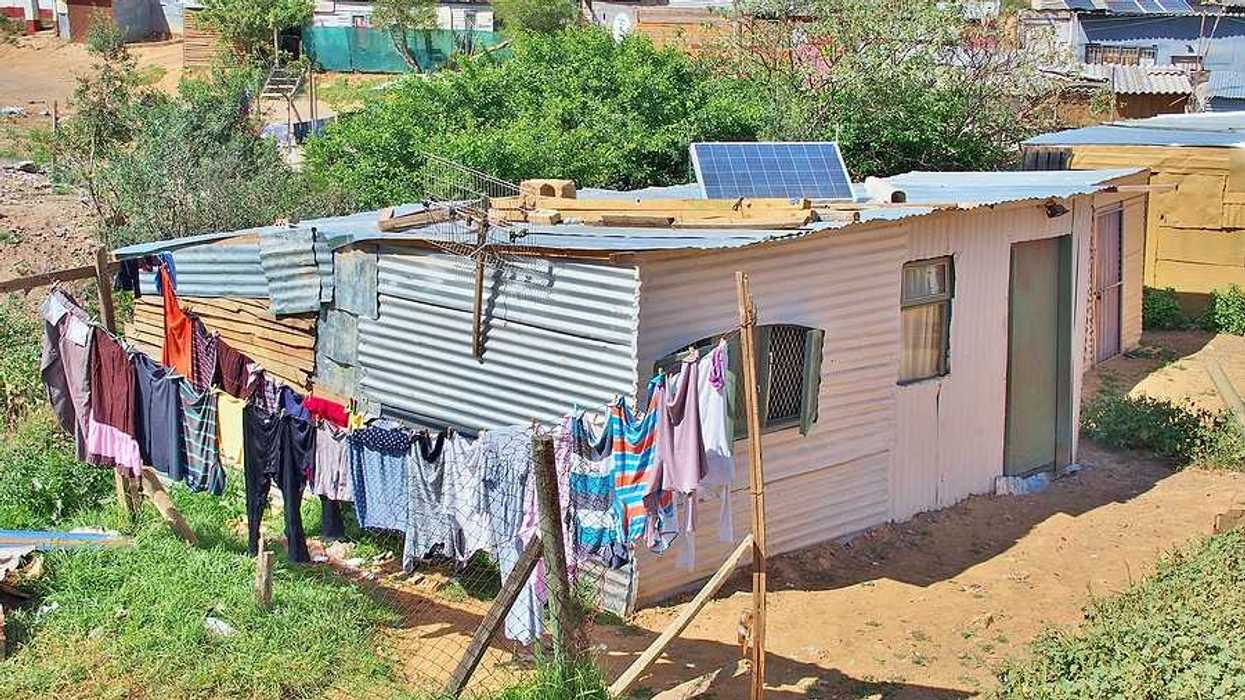Women living in Bangladesh's coastal regions are severely affected by climate change-induced salinity, leading to various health complications.
Famiha Suhrawardy reports for Dhaka Tribune.
In short:
- The increased salinity in coastal areas has led to reproductive health issues among women, including miscarriages and difficulties in pregnancy.
- Local women suffer from waterborne diseases, hypertension, and respiratory infections due to a lack of safe drinking water.
- Initiatives by Brac, such as the installation of water tanks, have provided some relief, but challenges remain, particularly during dry seasons.
Key quote:
"It is a very troubling situation for the women living here. Due to the saline water, women face difficulty in getting pregnant and have miscarriages frequently."
— Sumi Akter, Mongla resident.
Why this matters:
This issue highlights the direct human impact of climate change on health, particularly for vulnerable populations like women in coastal areas. It underscores the need for effective environmental and health policies to mitigate the consequences of climate change.
LISTEN: Azmal Hossan on the sociology of climate crises in South Asia.














